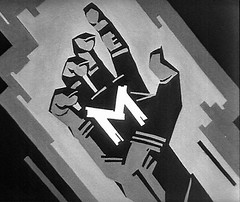After critising it like this, i think i could also mention the few things i'm gonna keep in mind after reading it (after all, they do say that you can learn something from every book, don't they?)
- Aristotle would have made a horrible commercial-maker. Pure logics doesn't offer the guarantee of winning a fight (so sad, and yet so true)
- you can't just write “Scott” on your shopping list, if this name doesn't mean anything
- the way in which a product is produced can become a differentiating idea (and this made me think of the Heidi commercials, which are very cute and very good in my opinion)
- when stating your sales, you get to choose your own parameters (which means that you can choose the period that offers you a clear advantage, and that you can make the comparison with yourself, you don't necessarily have to compare yourself with your competitors)
- use the ratings you get from anywhere in the most aggressive manner possible
- history - both that of a nation and that of marketing - are written by winners, not by losers.
- the problem we should focus on is the competitor, not just the consumer. cause, after all, the same consumer is served by lots and lots of companies: ours and those that belong to our competitors.
- strategy means simplicity - use common sense more than you use research, or interpret research according to common sense
- the more unpredictable the world becomes, the more people people look for and focus on predictions in order to decide what they should do
- our society communicates excessively
- nobody will follow you, if you don't know where you're going
- keep in touch with reality


No comments:
Post a Comment